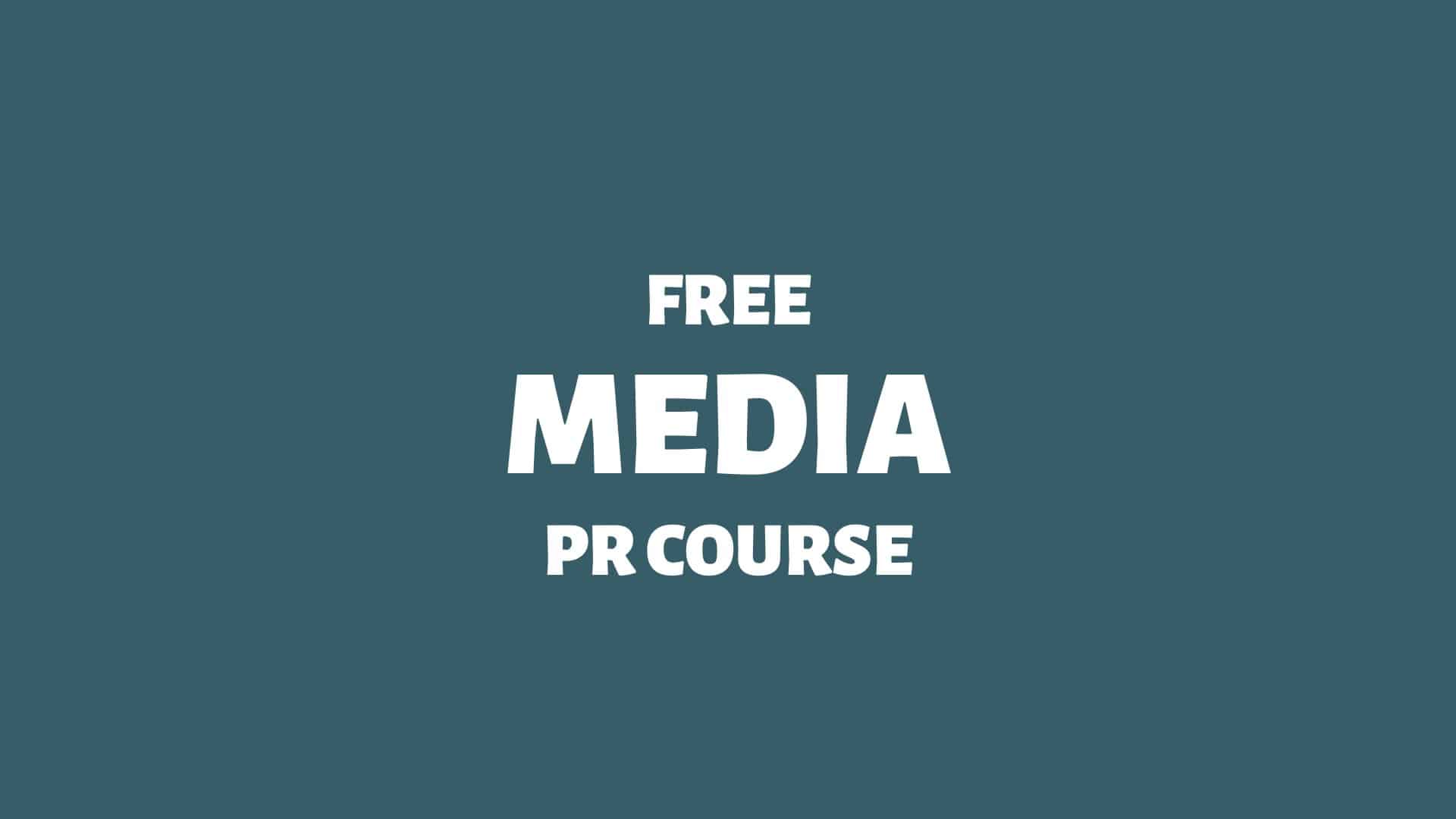‘Fake news’ accusations can be traced back to Lügenpresse.
The expression Lügenpresse, translated from German as “lying press,” is not merely a slur against journalism; it is a historical vector of populist discontent, a rhetorical Newspeak used to discredit inconvenient truths that still haunt the politics of our present “post-truth” epoch.
And it leads all the way to fake news.
Here we go:
From Lügenpresse to Fake News
The term Lügenpresse first entered public discourse in 19th-century Germany, particularly during the Napoleonic Wars, and was later used sporadically during the 1848 revolutions by conservatives who were critical of liberal and democratic press outlets. 1Lying press. Wikipedia. Retrieved March 24, 2025, from https://en.wikipedia.org/wiki/Lying_press
During his chancellorship (1871 – 1890), Otto von Bismarck weaponised the term to discredit the growing liberal and socialist press, framing it as an agent of national destabilisation.
During WWI, German military and political elites blamed their losses and waning public support partly on a “disloyal” press. Lügenpresse was used to accuse foreign and domestic news outlets of spreading defeatism.
This was projection and deflection: the German government had implemented strict censorship and propaganda mechanisms, yet accused external media of deceit and distortion.
Goebbels and Media Control
The most notorious use of Lügenpresse came from the National Socialist (Nazi) Party. Joseph Goebbels, Minister of Propaganda, enshrined it into the Nazi vernacular as part of a broader epistemic assault on objectivity.
It referred primarily to the liberal Weimar press, Jewish-owned newspapers, and foreign media, mainly British and American outlets.
The Nazis created their own tightly controlled press environment and made Lügenpresse the rallying cry against any external narrative that conflicted with National Socialist ideology.
“The essence of propaganda consists in winning people over to an idea so sincerely, so vitally, that in the end they succumb to it utterly and can never escape from it. “
— Joseph Goebbels
The concept functioned to delegitimise all dissent, forming a hermetically sealed filter bubble: if the press says something contrary to the Party, it is, by definition, false.
This strategy is what we might call epistemological authoritarianism today — destroying shared truth to create monopolised narratives.
Post-War Repercussions and Dormancy
After WWII, Lügenpresse fell into disrepute. Like many Nazi-associated terms, it was shunned in post-war democratic Germany. But the seed of distrust toward mainstream media had been planted deeply.
In East Germany (GDR), the Westpresse (Western press) was often painted as deceitful and capitalist, though the precise term Lügenpresse was avoided due to its fascist stench.
In the West, accusations of bias were common. Still, civil society retained some trust in the idea of a free press until the content explosion of the Electronic Age.
Resurgence in 21st-Century Right-Wing Populism
The term Lügenpresse saw a dramatic revival around 2014 – 2016 during the rise of PEGIDA (Patriotic Europeans Against the Islamisation of the West) and the Alternative für Deutschland (AfD) party. 2Holtz, P., Kronberger, N., & Wagner, W. (2018). Analyzing collective symbolic coping with new challenges: A narrative approach to German public discourse on the “refugee crisis”. Frontiers in … Continue reading
It was chanted at rallies, painted on placards, and tweeted with vitriol, targeting outlets like Der Spiegel, ARD, and ZDF, accused of “leftist bias” and “pro-migrant propaganda”.
Digital platforms amplified this rhetoric, creating filter bubbles and echo chambers that made traditional journalistic outlets appear monolithic, corrupt, and ideologically hostile.
Lügenpresse had become more than a term; it became a meme of epistemic warfare, spreading distrust like wildfire.
The “Fake News” Phenomenon
Today, the phrase “fake news” has taken on a role eerily similar to Lügenpresse.
Donald Trump’s campaign and presidency (2016 – 2020) brought the term “fake news” to international prominence. Initially coined by journalists to describe false content from disinformation farms, Trump swiftly appropriated it to attack CNN, The New York Times, and The Washington Post. 3Egelhofer, J. L., & Lecheler, S. (2019). Fake news as a two-dimensional phenomenon: A framework and research agenda. Annals of the International Communication Association, 43(2), 97 – 116. … Continue reading
Like Lügenpresse, “fake news” became a blanket delegitimisation tool. Any media critical of the Trump administration was labelled as such, creating in-group/out-group epistemologies.
| Lügenpresse (Historic) | Fake News (Modern) |
|---|---|
| Emerged from nationalist, authoritarian contexts | Emerged in nationalist-populist contexts |
| Delegitimises liberal/journalistic elites | Delegitimises mainstream media and political institutions |
| Reinforces echo chambers (e.g., Nazi Germany, AfD) | Reinforces digital echo chambers (e.g., QAnon, MAGA) |
| Proclaims “real truth” comes from the Party/Movement | Proclaims “truth” comes from influencers, not journalists |
| Encourages discrediting of fact-checking mechanisms | Undermines media fact-checkers as part of a “deep state” |
Consequences for Democratic Discourse
The danger of Lügenpresse and “fake news” is that they undermine the possibility of consensus on basic facts, which is essential for deliberative democracy.
“The ideal subject of totalitarian rule is not the convinced Nazi or the dedicated communist, but people for whom the distinction between fact and fiction … no longer exists.”
— Hanna Arendt 4Arendt, H. (1973). The origins of totalitarianism (New ed.). Harcourt Brace Jovanovich.
Once traditional sources are deemed permanently untrustworthy, biased pseudo-experts can dominate the algorithms to fill the void. We’ve entered an age of epistemic solipsism, where everyone is their own fact-checker, broadcaster, and mythmaker. 5Silfwer, J. (2025, March 24). The Age of Epistemic Solipsism. Doctor Spin | The PR Blog. https://doctorspin.net/epistemic-solipsism/
Unsurprisingly, the Newspeak term “alternative facts” was coined by Kellyanne Conway, counsellor during US President Donald Trump’s first term. 6Silfwer, J. (2017, April 27). “Alternative Facts” is Newspeak. Doctor Spin | the PR Blog. https://doctorspin.net/alternative-facts/
One might ask whether the crisis in trust stems from media failure or ontological drift. That is:
Is the press lying more, or do we no longer believe truth is attainable? Has the promise of objectivity eroded under the weight of postmodern relativism and hyper-connectivity?
When every outlet is accused of bias, and every fact is potentially fake, what remains is the individual’s will to believe, which is a Nietzschean chaos of competing interpretations.
Final Reflection
Lügenpresse and “fake news” are not merely accusations — they are anti-epistemologies, weapons wielded to dismantle the Enlightenment scaffold upon which democracy precariously rests.
They are attempts not to correct errors but to discredit the idea that errors can be corrected.
In this age, where deepfakes blur vision, algorithms curtail curiosity, and tribal loyalty trumps evidence, the question is no longer merely “What is true?” but rather:
What kind of society do we become if we abandon the pursuit of shared truth altogether?
Learn more: From Lügenpresse to Fake News

THANKS FOR READING.
Need PR help? Hire me here.

What should you study next?
Spin Academy | Online PR Courses

Spin’s PR School: Free Media PR Course
Elevate your public relations skills with this free Media PR Course—a must-have resource for all aspiring public relations professionals. Boost your career now!
Media Theory
Media Logic
Journalism
Digital Media
Learn more: All Free PR Courses
💡 Subscribe and get a free ebook on how to get better PR.

Annotations
| 1 | Lying press. Wikipedia. Retrieved March 24, 2025, from https://en.wikipedia.org/wiki/Lying_press |
|---|---|
| 2 | Holtz, P., Kronberger, N., & Wagner, W. (2018). Analyzing collective symbolic coping with new challenges: A narrative approach to German public discourse on the “refugee crisis”. Frontiers in Psychology, 9, 2064. https://doi.org/10.3389/fpsyg.2018.02064 |
| 3 | Egelhofer, J. L., & Lecheler, S. (2019). Fake news as a two-dimensional phenomenon: A framework and research agenda. Annals of the International Communication Association, 43(2), 97 – 116. https://doi.org/10.1080/23808985.2019.1602782 |
| 4 | Arendt, H. (1973). The origins of totalitarianism (New ed.). Harcourt Brace Jovanovich. |
| 5 | Silfwer, J. (2025, March 24). The Age of Epistemic Solipsism. Doctor Spin | The PR Blog. https://doctorspin.net/epistemic-solipsism/ |
| 6 | Silfwer, J. (2017, April 27). “Alternative Facts” is Newspeak. Doctor Spin | the PR Blog. https://doctorspin.net/alternative-facts/ |


